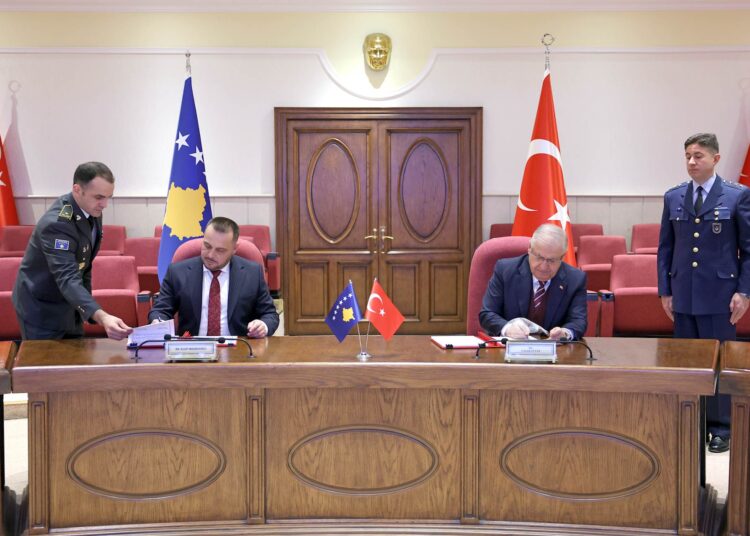Levent Kenez/Stokholm
Turkish Defense Minister Yaşar Güler and Kosovar Defense Minister Ejup Maqedonci signed a military framework agreement between the two countries during Maqedonci’s January 29-30 official visit to Ankara. The visit focused on growing military cooperation, including increased arms sales from Turkey to Kosovo, joint military exercises and the training of Kosovar military personnel.
The framework agreements Turkey signs with other countries generally outline cooperation in the military sector. They cover joint exercises and non-combat operations such as peacekeeping, humanitarian aid and counter-piracy efforts as well as cooperation in the defense industry. The agreements also involve sharing military intelligence, logistical support and exchanging resources, either as grants or through payment. Such agreements include provisions to protect classified information and property rights, ensuring a secure and responsible partnership.
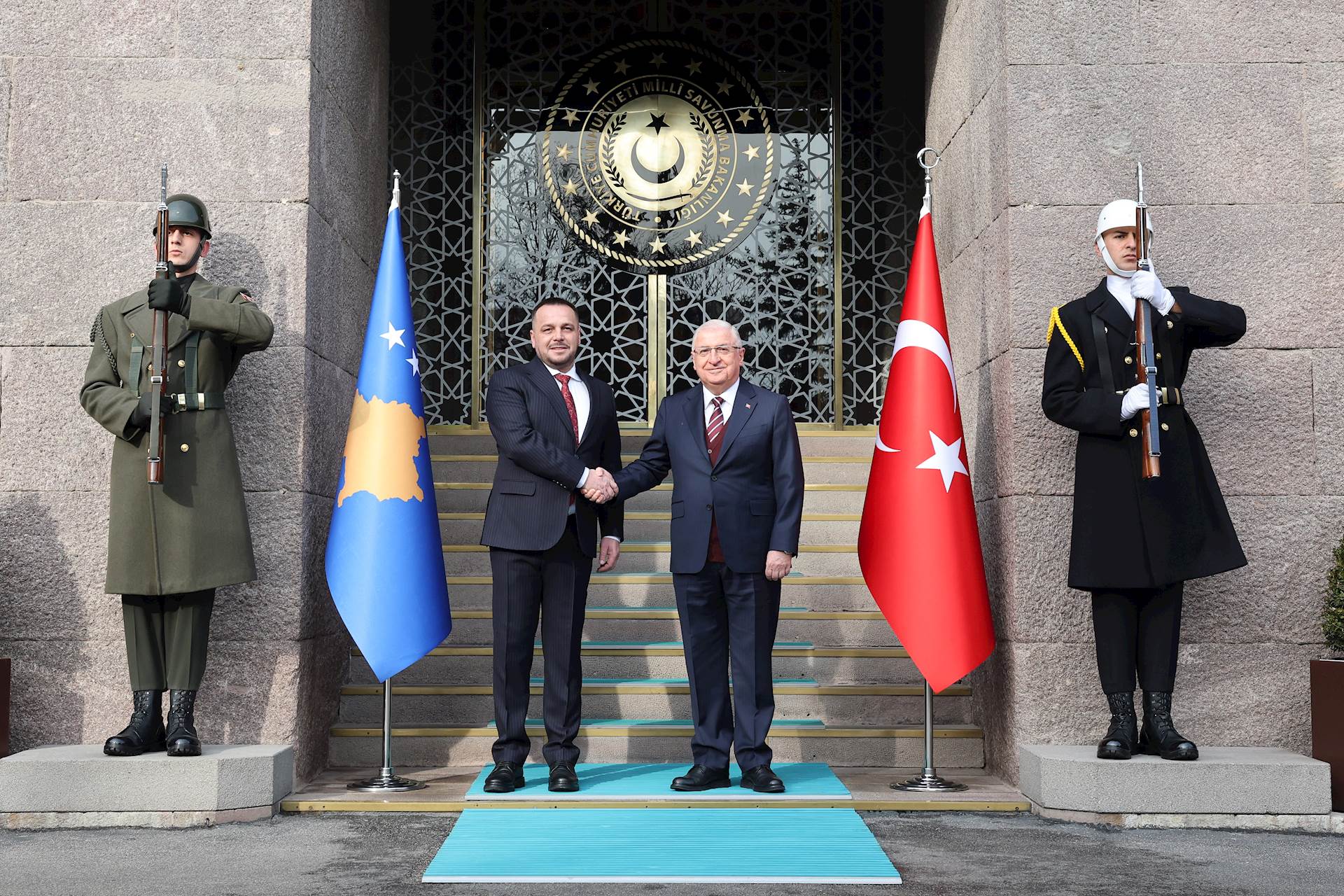
During his visit Minister Magedonci also had a meeting with Chief of General Staff Gen. Metin Gürak. Their discussion included topics such as Kosovo’s security, the activities of Turkish soldiers serving in the NATO Peacekeeping Force (KFOR) and military cooperation between Turkey and Kosovo. Additionally, Maqedonci visited the Special Forces Command.
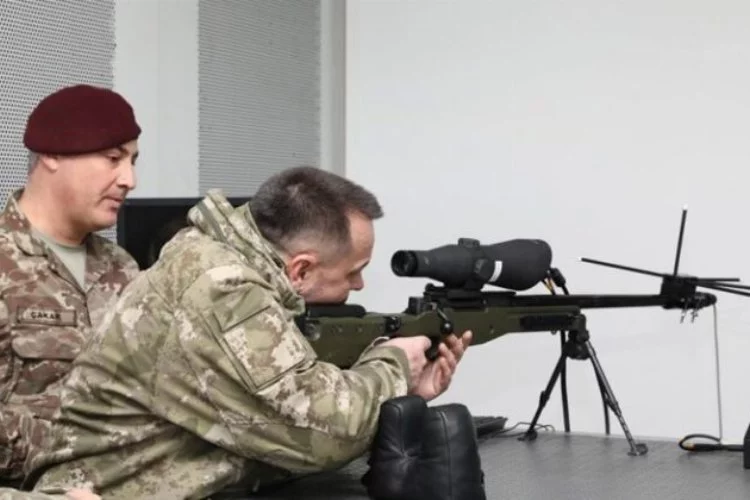
Last year Kosovo took steps to enhance its defense capabilities by acquiring a batch of Bayraktar military drones produced by a company owned by Turkish President Recep Tayyip Erdogan’s son-in-law Selçuk Bayraktar amid ongoing tensions in the northern part of Kosovo, with continued threats from Serbia.
Kosovo’s prime minister, Albin Kurti, published a photo on July 16, 2023 on his social media accounts where he was seen inspecting Bayraktar TB2 drones. He announced the addition of an unspecified number of these unmanned aerial vehicles (UAVs) to the country’s military arsenal, emphasizing the support from the Turkish government.
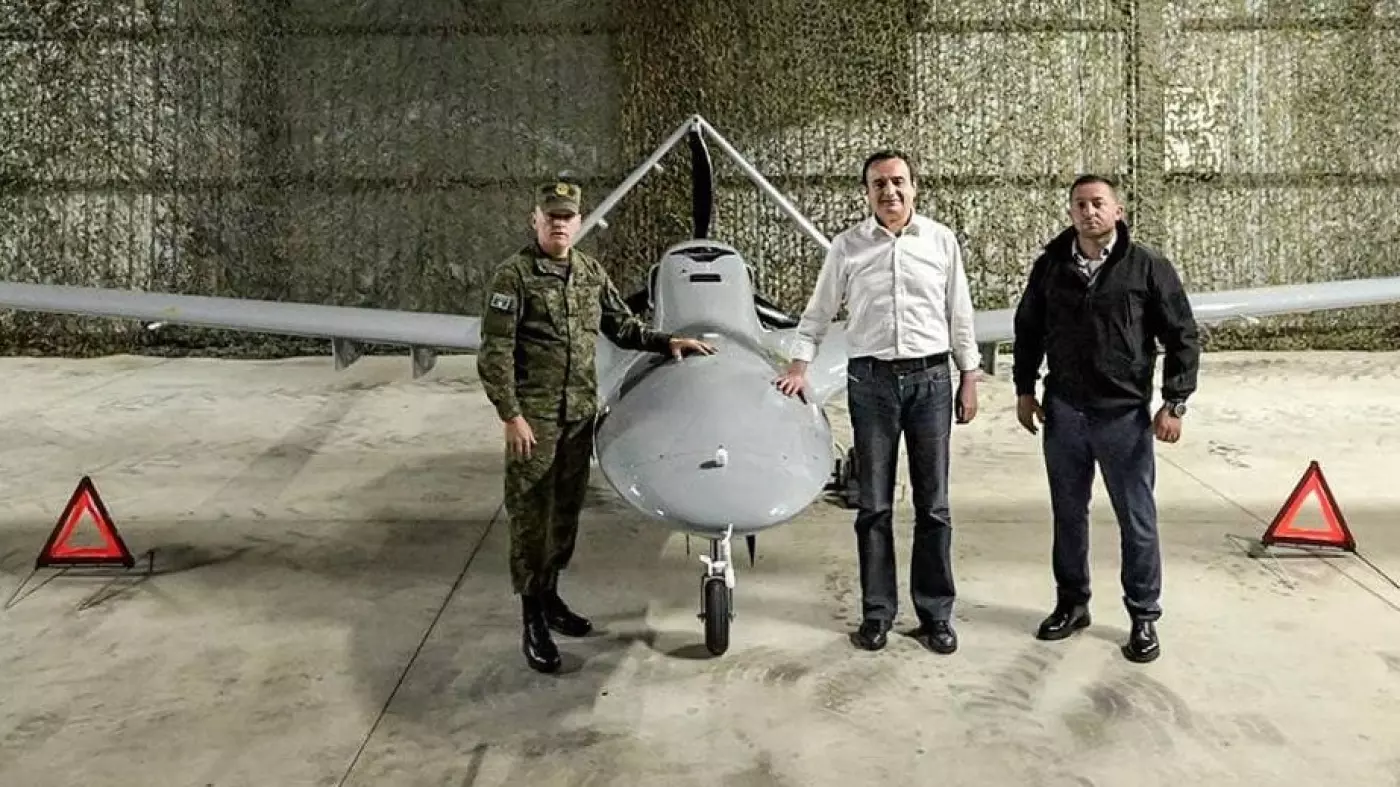 Prime Minister Kurti noted a significant increase in the number of soldiers and the military budget. He said officers have completed the necessary training to operate the newly acquired drones.
Prime Minister Kurti noted a significant increase in the number of soldiers and the military budget. He said officers have completed the necessary training to operate the newly acquired drones.
Kosovo, which declared independence from Serbia in 2008 without universal recognition, reportedly aims to establish a military force consisting of 5,000 regular soldiers and 3,000 reservists. These forces would complement the existing 4,500 NATO peacekeepers in the country.
Tensions persisted due to Serbia’s refusal to recognize the declaration of independence of its former province, Kosovo. Violent incidents along the shared border raise concerns about the possibility of a recurrence of the 1998-1999 conflict, which claimed the lives of over 10,000 people and led to the deployment of KFOR in the country.
In response to the sale of Turkish drones to Kosovo, Serbian President Aleksandar Vucic announced that his country had decided to cancel its planned drone purchases from Turkey. Vucic expressed his displeasure, stating, “Turkey has significantly armed Kosovo. They provided them with anti-tank missiles, howitzers and Bayraktar drones. They currently have all of this. They haven’t been able to fly the Bayraktars yet; NATO won’t permit it.”
On August 20, 2023 Vucic met with Erdogan in Budapest during Hungarian national day celebrations, delivering a message that there was no major crisis in bilateral relations. Additionally, on December 20, 2023, Erdogan congratulated Vucic, who had been re-elected, by phone.
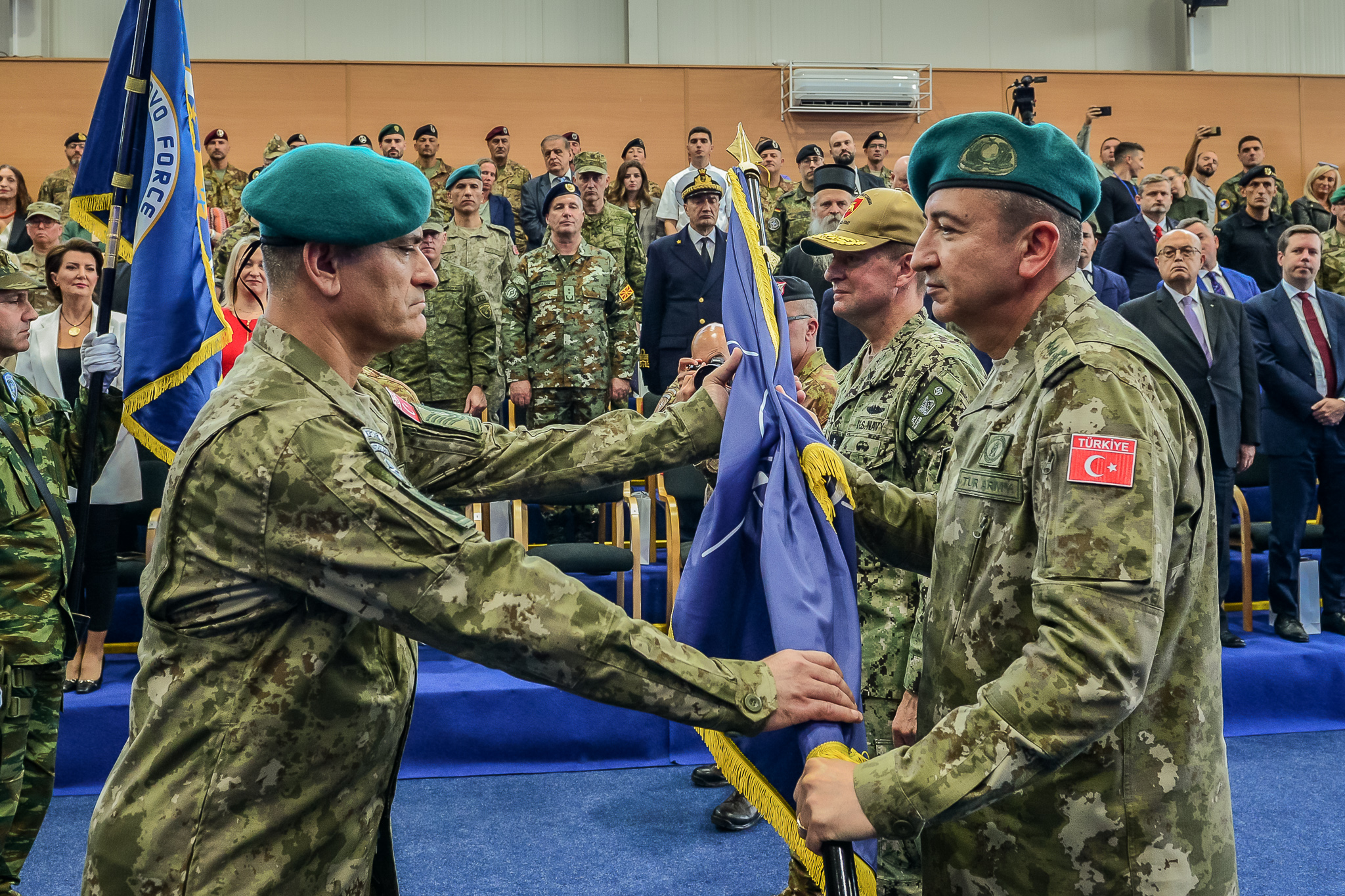
Turkey currently holds the rotational command of KFOR , contributing 350 soldiers to the mission. In June, in response to renewed tensions, Turkey temporarily deployed a brigade to Kosovo at NATO’s request.
A new crisis emerged in September after a Kosovar policeman was killed by ethnic Serbs living in the country, resulting in the death of three Serbs. Although the tension later eased, the region still faces the risk of war.

